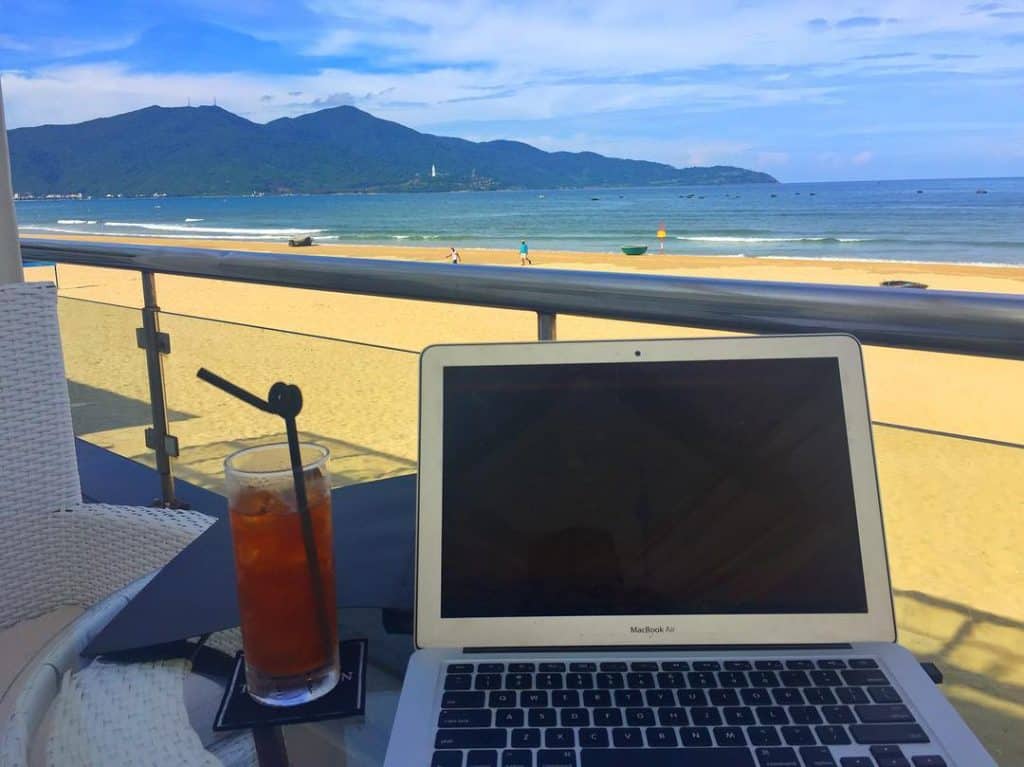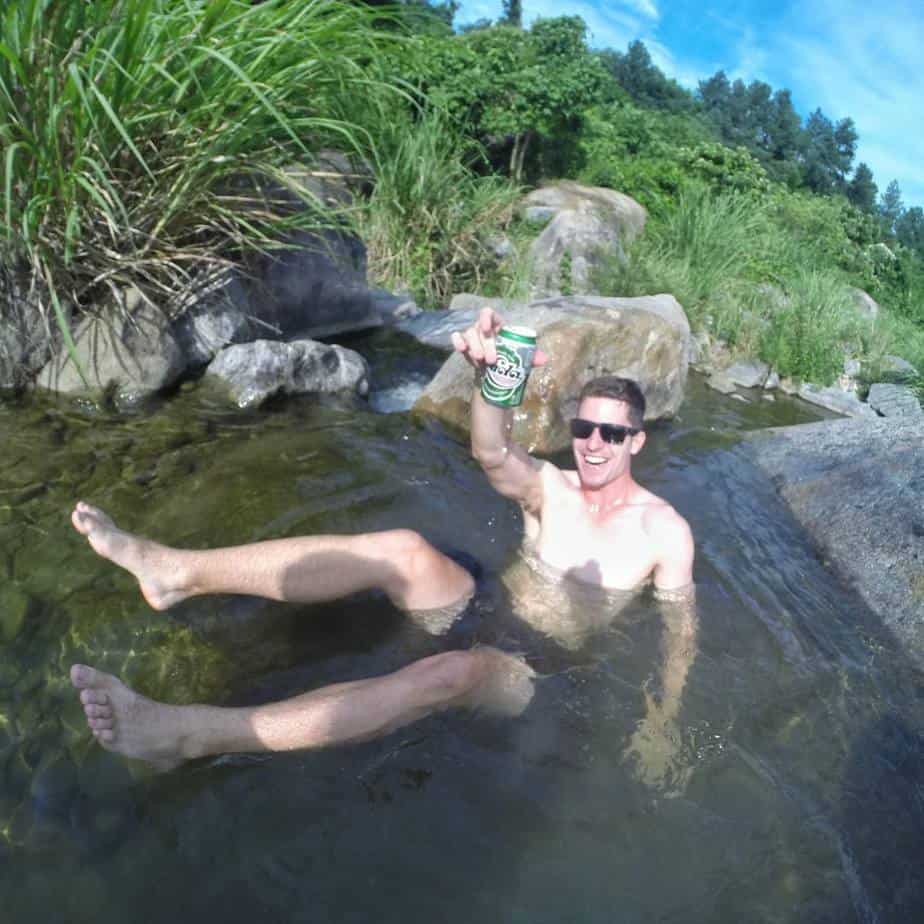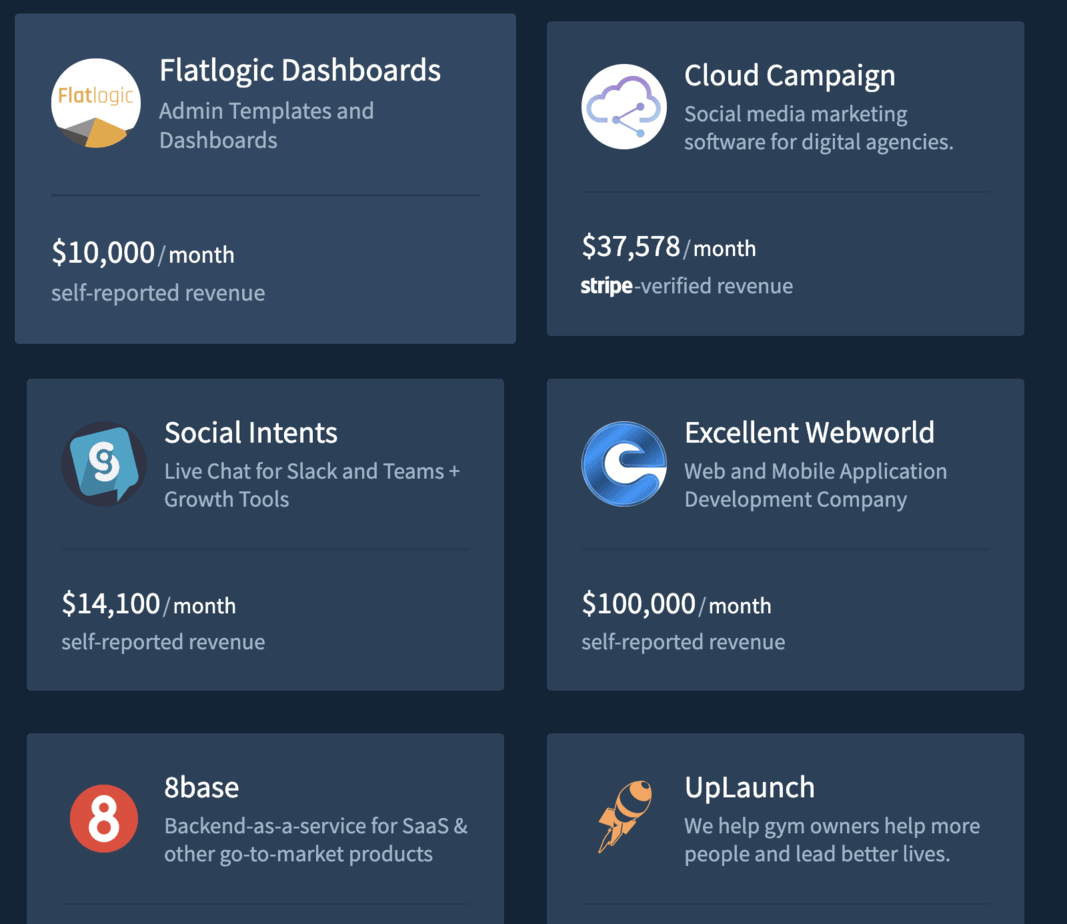Note: This post may contain affiliate links which means if you click on a link and purchase an item, we will receive an affiliate commission at no extra cost to you.

As someone who believes that advice usually comes from a place of personal bias, my intention here is to share my own experiences – not to give direct advice. I am hoping that this post will help others re-examine how they evaluate “risk” and thus make bolder decisions in their own lives.
It’s fair to say that society would score me a ten out of ten on risk-taking and risk tolerance. So far in life, I’ve dropped out of college to manage a rapper, quit back to back high-paying startup jobs within six months of each other, and decided to move to Asia for six months (which has since stretched to nine) with a half-baked plan.
While my parents and many of my peers worried about me during these times, I truthfully didn’t view the decisions as being overly risky. Were they bold decisions? Absolutely. But risky? Not really.
Before diving into my risk evaluation process, it’s worth mentioning that without a safety net, your ability to take risks is limited. In my opinion, the foundational safety net includes a financial cushion of 4-6 months of minimal living expenses, no debt, no dependents, and a home to return to should everything go south. If you’re in your early to mid-20s, having a home is entirely out of your control, but you can control your savings, your debt, and if or when you have kids.
Table of Contents
My Process:
When considering a big, life-altering decision, my decision-making process is relatively straightforward:
1) What do I think is the right decision?
2) What is the worst case scenario if I make this decision?
1) What do I think is the right decision?
When it comes to big decisions, we frequently know what the best decision is, but that doesn’t always mean that we make that decision promptly. From my viewpoint, the closer and faster that I can align my actions with what I know to be right – the better my life will be.
My favorite piece of advice from 2017 is “don’t take advice, do what you want to do.” This came from Brian Johnson, my favorite life philosopher. It hit home for me because it’s easy to lose sight of what is best for you when you’re swimming in a sea of opinions from mentors, parents, and anyone else who wants to impose their personal viewpoints on your life path.
I find great value in learning from others’ experiences, but I’m wary of direct life advice (i.e. “you should do x,y,z in this situation”) because I find that it usually comes from a place of personal bias. My opinion is that only you know what is ultimately best for you and if you trust your gut and block out external noise, then you will live a life of extreme ownership.
In the case of all of my life-changing decisions, I tried to take the advice of my parents and most mentors with a grain of salt. I knew that they would mostly focus on managing societal or career risk and try to talk me out of the decision that I already knew was best for me. Since I’m the only one living my life, I try to make decisions accordingly and own my life path as much as possible.
2) What is the worst case scenario?
My second step in evaluating a potential major decision is asking myself “what is the worst case scenario here?” The key for me when analyzing the worst case scenario is the same as the point that I made earlier: I try to block out external and societal influences. In my opinion, to truly make a free decision, you must eliminate questions like: “what will other people think of this decision?”, “what will my parents think of this decision?”, or anything else that relates to staying within the confines of societal norms.
If you factor those types of questions into your risk evaluation process, then you’re trapped making a decision based on other people’s opinions instead of your own. It doesn’t matter how the general population would evaluate the worst case scenario, because they aren’t you.
I’m someone who thrives in situations of extreme uncertainty and has a firm belief that even if I fail, I will land on my feet and grow from the experience. This mindset stems from my time running a music business when I learned that, with relentlessness hard work, success is directly within my own control. My control-oriented outlook combined with my focus on blocking out society’s noise is at the root of why I evaluate worst-case scenarios on a different scale than most people that I know.
Examples From My Life:
In the case of dropping out of Amherst College, I didn’t want to be there in the first place. I was focused on music entrepreneurship, but I went to college because of external pressure. The tipping point was that because I spent so much time on my business and so little time on classes, I could either end my first semester with bad grades or leave with a clean slate, so I left.
The worst case scenario was that my business would fail, I would learn a ton, and then I would return to school. That is precisely what happened, and things couldn’t have worked out better. The new school that I chose, USC, happened to accept AP credits so I was able to graduate in three years. I also entered school with significant entrepreneurial and life experience that most of my peers didn’t have. Neither society nor my inner circle shared my risk assessment and worst case scenario view of leaving college, but I knew that it was the right decision for me.
Deciding to quit two different jobs in Silicon Valley was not insignificant for me. The first company that I left had raised more than $185M, and I had been promoted less than seven months earlier to launch and run a business line that generated more than a million dollars of profit per year. In my next job, I quit less than three weeks after starting due to a significant breach of trust.
Leaving each of those companies was excruciating, but I didn’t feel that I had a choice in either situation. Both experiences pushed me to limits where I felt that staying would directly violate my principles and leaving was the only way to stay authentic to myself.
The worst-case scenario for quitting each job was that I wouldn’t come up with an idea for a business to start and then I would get another job. While this came true after my first resignation, thankfully I made a business work after leaving the second position. Society frowns on people who quit a job before accepting a new one, but if you have a safety net and believe that you can find another great job, then quitting isn’t that big of a deal. Though if you aren’t planning on starting your own company and you repeatedly quit jobs, you may eventually have a hard time finding work.
Deciding to nomad through Asia wasn’t as monumental of a decision as it seems. I had recently gone through a breakup of a five-year relationship, my lease was ending, and I needed to live cheaply while starting a business. Moving to Asia while I figured things out just seemed much more interesting than living at home – no offense Mom and Dad! The worst case scenario when I evaluated whether to wander through Asia was that I wouldn’t figure out how to make it financially sustainable, and then I would move back home and get another job. Thankfully this decision has worked out far better than I ever could have imagined, and I’ve now created a financially sustainable, unorthodox life that I love!
Final Thoughts:
The truth is that even though most of these big decisions didn’t turn out as planned, I don’t regret any of them, as I gained valuable, unique experiences from each one. Straying from a conventional path and into the unknown has led to extreme highs and lows for both me and those who care about me. Some of my decisions have caused tears, intense concern and disappointment from loved ones. But I’m eternally grateful for their support and hope that they understand now that it is all part of my journey.
If it weren’t for following my heart by dropping out of college and repeatedly leaving jobs that made me unhappy, I wouldn’t have landed upon this dream life path. And as a result of taking “big risks” and learning to believe in myself, I’m now happier and more authentic than ever before.
If you believe in yourself and can effectively disconnect your risk assessments from society’s, then you’re on your way to living a unique, individualistic life. Just because other people wouldn’t make the same decision or because you want to leave a well-trodden path for something unknown doesn’t mean that it’s necessarily wrong or risky – just different.
If you want to live without regrets, then be authentic, make bold decisions and follow your heart. We only have one life to live.
Feel free to reach out (Twitter, LinkedIn, Instagram) if you want a little extra motivation to take a big step in your life. I’ll try hard not to give advice, but I would love to be a sounding board.
For extra inspiration check out Steve Jobs’ Stanford speech, Jobs’ life philosophy or read my favorite book, The Alchemist.
Special thanks to my parents for always supporting me and to Kelly Shannon, Erik Thomas, Kristen Walsh, and Alex Woodsum who all played a big role in editing this piece.









Leave a Reply
View Comments